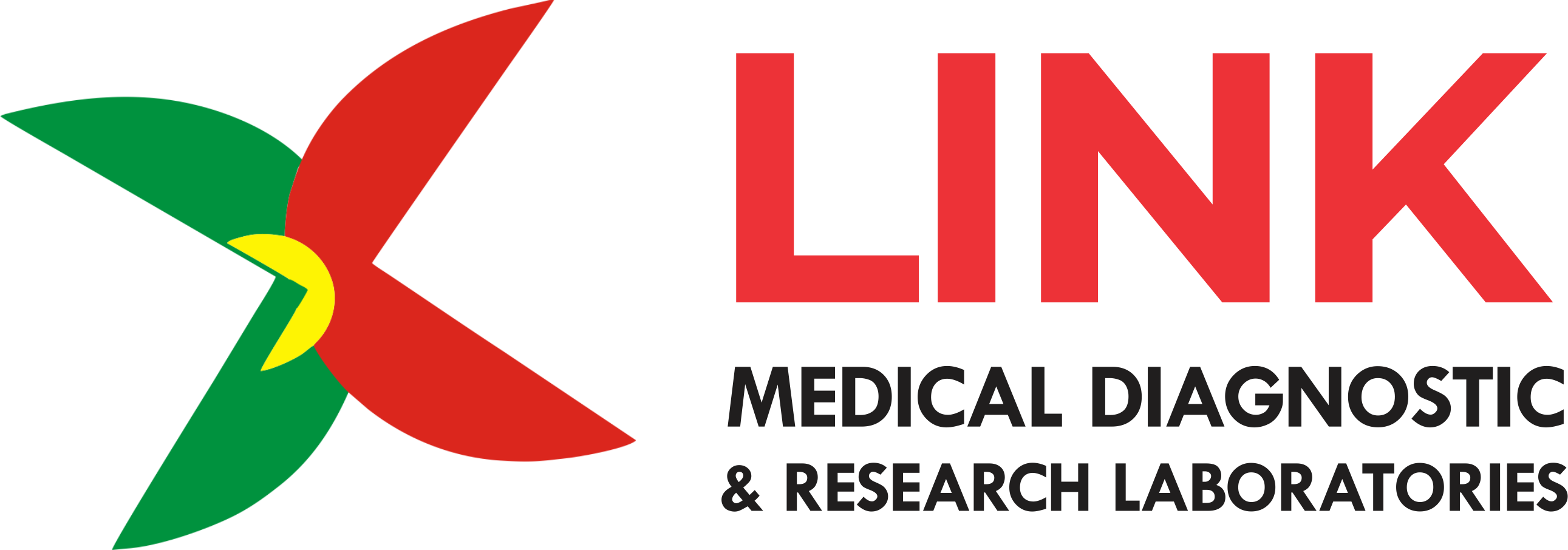
Kidney pain is not something to be taken lightly. It can be a distressing experience that affects many aspects of your life. It is a common issue with underlying causes, but you can maintain optimal kidney health with the proper knowledge and proactive steps.
Whether you’ve dealt with kidney pain or want to stay proactive in protecting your kidney health, this comprehensive article is for you.
In this article, we will explore the causes, warning signs, preventive measures, and management strategies for kidney pain. By the end, you’ll have the knowledge and tools to safeguard your kidneys and ensure their optimal functioning.
What is Kidney Pain?
The kidneys on either side of your spine filter waste and excess fluids from your blood. They regulate electrolyte levels and produce urine. Kidney pain, also known as renal pain, typically occurs when there is a problem with the kidneys or surrounding structures. It’s crucial to differentiate kidney pain from back pain, which may stem from muscle strain or spinal issues.
What are the Warning Signs of Kidney Pain?
Recognizing the warning signs of kidney pain is vital for early detection and intervention. Although some of the warning signs of kidney pain overlap with other common illnesses, you should keep an eye out for symptoms such as:
- A persistent dull ache or sharp pain in the back, side, or abdomen.
- Blood in urine
- Frequent urination
- Pain or discomfort during urination
- Cloudy or foul-smelling urine
- Persistent fatigue
- Unexplained weight loss
- Swelling in the legs or ankles.
What are Some Preventive Measures for Kidney Pain?
Prevention is always better than cure when it comes to this type of pain. Here are some essential preventive measures you can take to maintain optimal kidney health:
- Stay well-hydrated: Drinking adequate water helps dilute urine and flush out toxins, reducing the risk of kidney stone formation and urinary tract infections.
- Follow a balanced diet: Opt for a diet rich in fruits, vegetables, whole grains, and lean proteins. Limit your intake of sodium, processed foods, and sugary beverages, as they can contribute to high blood pressure and kidney damage.
- Maintain a healthy weight: Obesity is a risk factor for kidney disease. Adopting a balanced diet and regular exercise can manage your weight and reduce the strain on your kidneys.
- Practice proper hygiene: Urinary tract infections can sometimes lead to kidney infections. To minimize the risk, ensure good personal hygiene and promptly treat urinary tract infections.
- Monitor your blood pressure and blood sugar levels: High blood pressure and diabetes are common causes of kidney damage. Regularly check your blood pressure and blood sugar levels, and work with your healthcare provider to manage them effectively.
Ways to Manage Kidney Pain
If you experience this pain, taking appropriate measures to manage the discomfort is essential. Here are some strategies you can consider:
Consult a healthcare professional
If you’re experiencing persistent or severe kidney pain, it’s essential to seek medical advice. A healthcare professional can conduct a thorough evaluation or recommend a kidney function test to diagnose the underlying cause and recommend an appropriate treatment plan for you.
Utilize pain management techniques
Applying heat or cold packs to the affected area can temporarily relieve kidney pain. Over-the-counter pain relievers, such as acetaminophen or ibuprofen (as recommended by a doctor), can also help alleviate discomfort.
Treat the underlying cause
The treatment for kidney pain depends on the underlying cause. If kidney stones are the issue, your healthcare provider may suggest dietary changes, medications to facilitate stone passage, or in some cases, surgical intervention. Infections may require antibiotics, while kidney disease might necessitate lifestyle modifications, medicine, or dialysis.
When Should You Seek Immediate Medical Attention?
While it is possible to manage most cases of kidney pain with proper care, certain situations require immediate medical attention. Suppose you experience sudden and severe kidney pain accompanied by high fever, chills, vomiting, difficulty urinating, or blood in your urine. Going to the emergency room or promptly contacting your healthcare provider is crucial in that case. These symptoms may indicate a kidney infection, kidney stone blockage, or other severe conditions that require immediate treatment.
Final Thoughts
Taking care of your kidneys is essential for maintaining your overall well-being. By understanding the causes, recognizing the warning signs, and following preventive measures, you can keep healthy kidneys and prevent or manage the pain effectively. Remember, your kidneys play a vital role in your body’s functioning, so be attentive to the warning signs and take proactive steps to protect your kidney health. Stay hydrated, make healthy lifestyle choices, and prioritize your well-being. Your kidneys will thank you!
